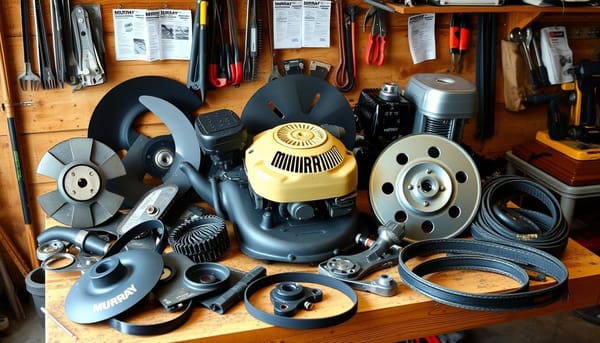More Kids Are Using the Internet, so Why Aren't We Making It Safer to Do So?

SuperAwesome is addressing the issues that many parents and guardians have struggled with since the beginning the internet.
The internet can at times be a Wild West of sorts. There are parental locks and age-restricted content, however the internet is very obviously not made for children or made with children in mind. In fact, being asked to click a button saying you're over 13 before you make your Twitter account or over 18 before you view a racy video is about as far as the internet has gone on controlling content (except for parental controls).
This is where SuperAwesome comes on to the scene. SuperAwesome knows that there is a market and a need for kid-friendly content and technology, which includes advertising and social media/engagement tools made with kids in mind as well as better parental controls.
SuperAwesome has worked with the likes of Activision, Hasbro, Mattel, Cartoon Network and Nintendo because most of their product offerings aren't customer-facing but rather, created for companies that produce advertising and other social tools for children. Today they're valued at more than $100,000 and their profit is growing.
So how did SuperAwesome achieve such a high value and why are they expected to grow more than 100% this year alone? They cite the move toward digital platforms as the impetus for their success. Think about it, how many of us pay for cable and satellite television today compared to five years ago?
With the increasing engagement of young people in online environments, SuperAwesome's data tools are a much-needed option for parents, guardians, and advertisers.
SuperAwesome powers the kid's digital media ecosystem. Our kidtech is used by hundreds of brands and content-owners to enable safe, digital engagement with the global under-13 audience.Their Zero-data tools ensure that companies not only provide a safe environment for kids, but that they are compliant with government standards for digital engagement targeted toward or used by minors. They provide brand solutions for content owners/makers and advertisers for safe advertising and monetization, lend tools towards creating a kid-friendly social environment and build kid-safe apps for users 13 and under to access on existing platforms.
One of their tools, the Kids Web Services (KWS) is a cloud-based tool used to help companies who already have existing sites and platforms assure that their sites are safe for kids and meet guidelines. KWS takes care of registration, authentication, parental consent, loyalty programs and content seeding so that all companies really have to do is design their site and content the way that they'd normally do without worrying about adhering to kid safety standards.
For advertisers who may be unsure if their products meet the digital requirements for kid-safe environments, SuperAwesome offers certification and compliance training. Startups like SuperAwesome are not only ensuring that the internet is a safer place for children but also that advertisers and companies don't inadvertently break rules and put children at risk.
With this field of interest being so new, there's no telling where it will go from here. If the examples of YouTube's poorly-managed advertisement situation (nicknamed the ADpocalypse) have shown anything is that's a lot of companies and advertisers don't know what they're doing.
Content creators who aren't producing shocking, gory or in any way illegal content have been and continue to be targeted for demonetization on platforms that are trying to be more "kid-friendly," causing some to believe this is being overdone and others to feel that they are being targetted for other reasons. Kid-friendly internet spaces need a combination of parental engagement and responsibility, companies like SuperAwesome, the government (as they often make rules that restrict what can be shown, what needs a warning etc.) and online platforms as well.
Children are important but it's also important to remember that the internet should be a space everyone can enjoy and that talented creators don't deserve to lose money because their video content was mislabeled or because their content is made for adults.
superawesome.tv
Fyxes
Thoughts, stories and ideas.




